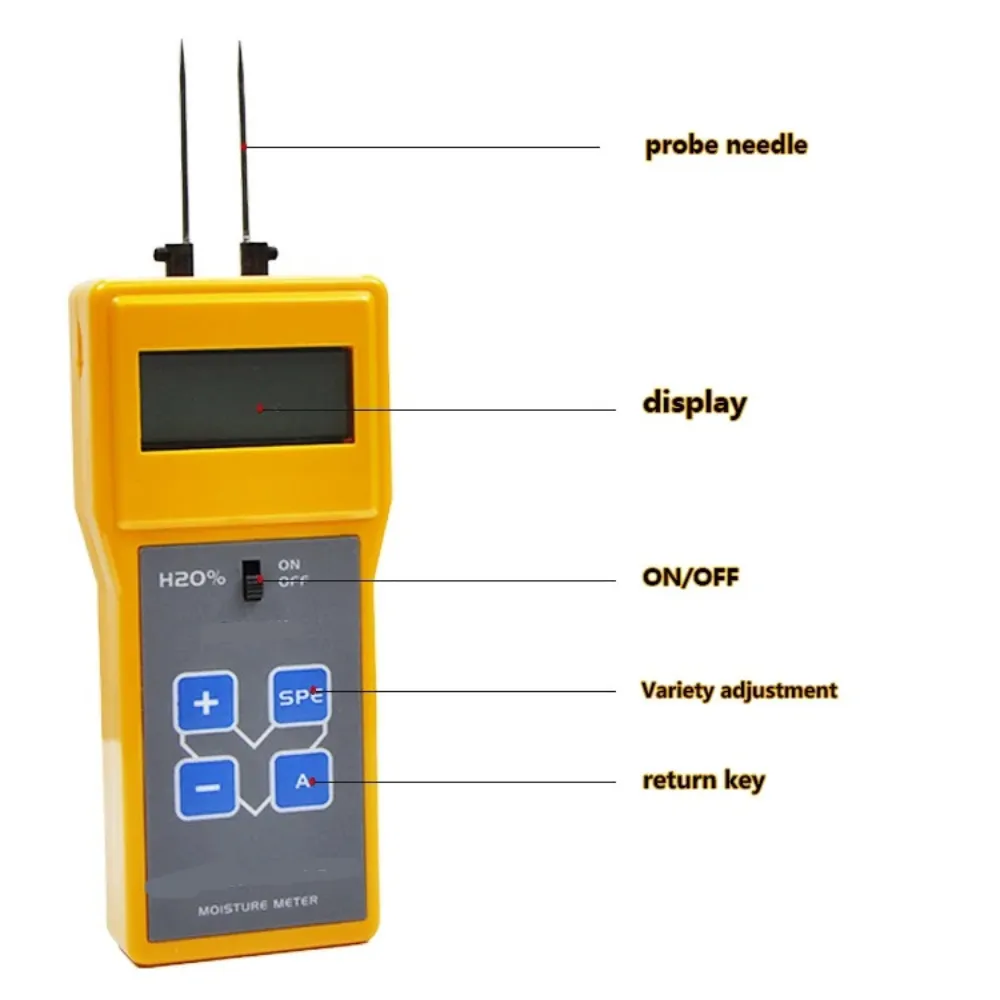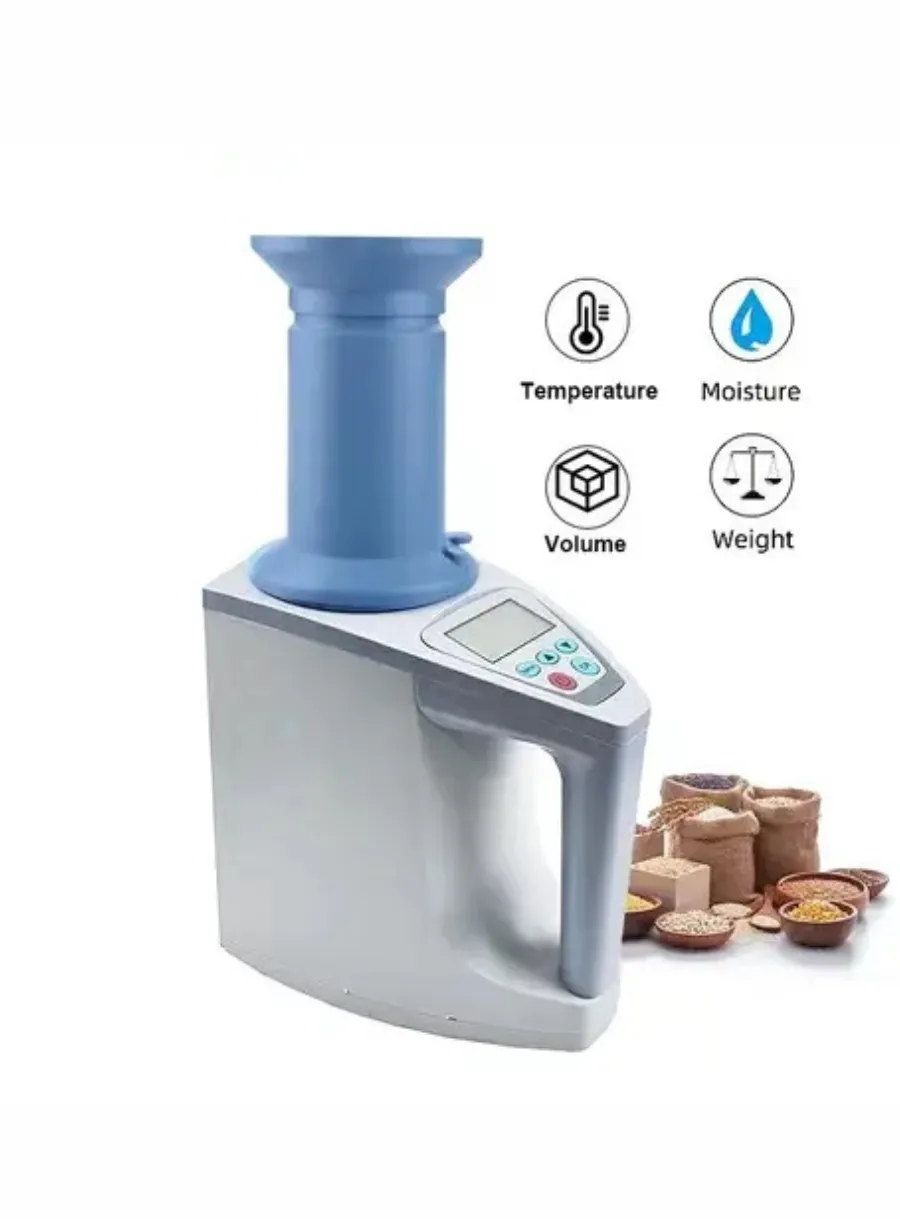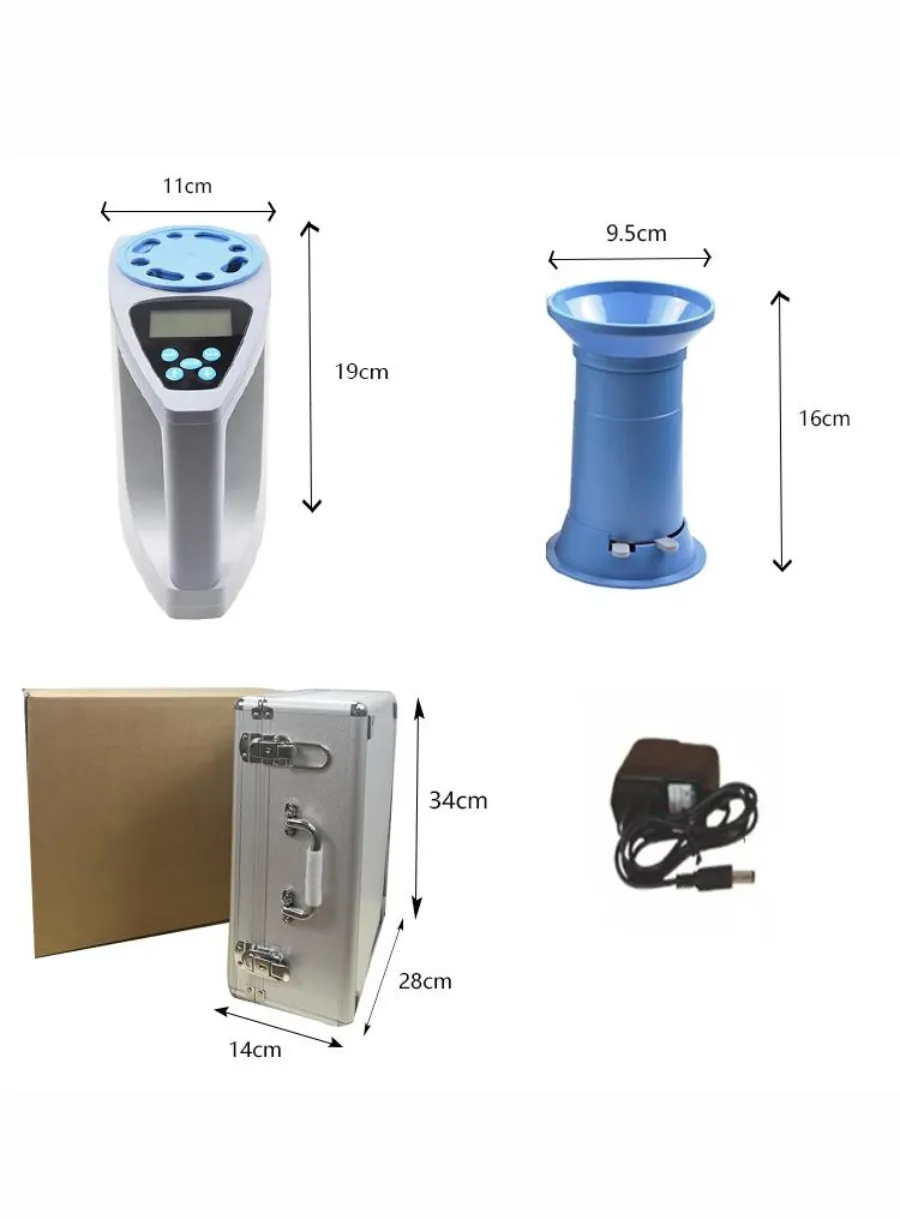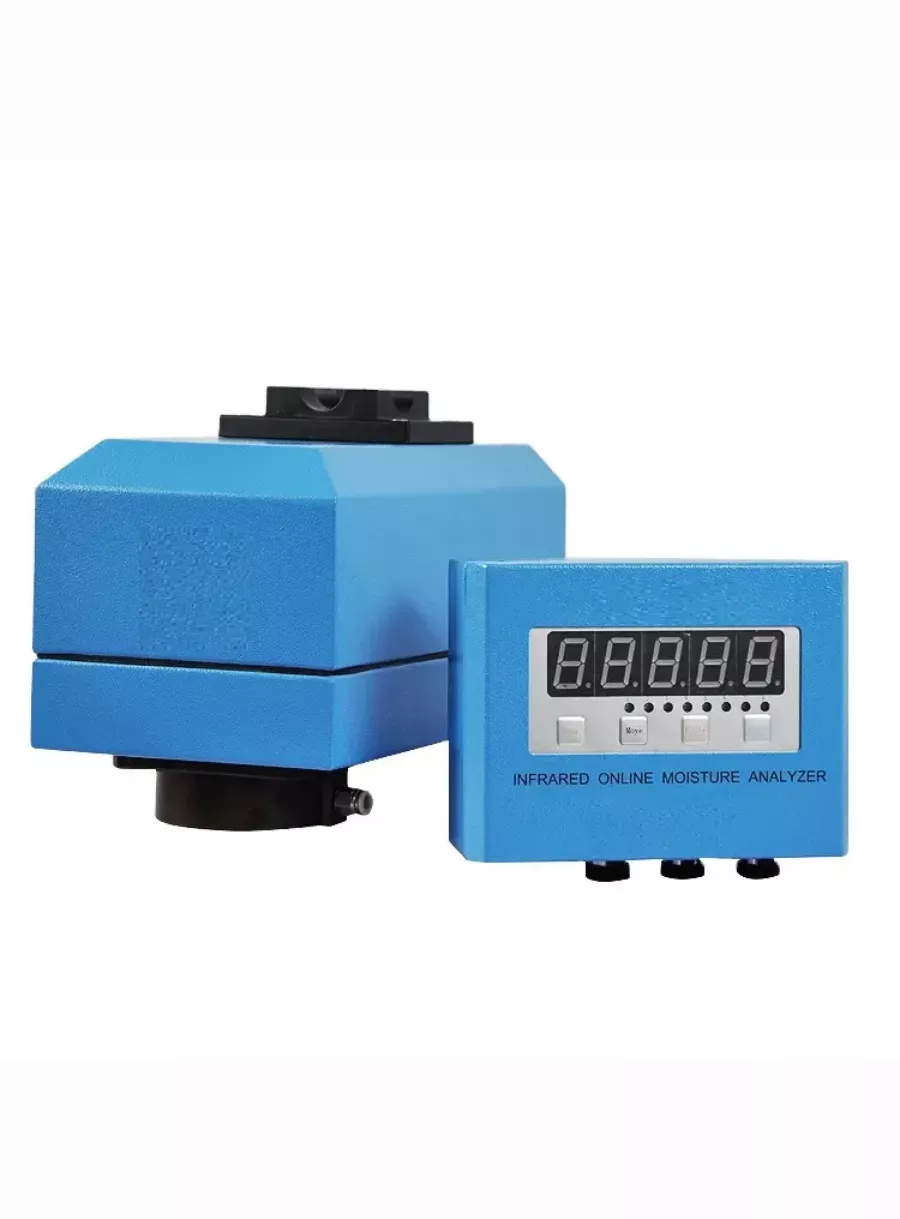
Adoption in the Coffee Industry
Table of Contents
In the verdant hills of coffee-producing regions worldwide, farmers are turning to technology to revolutionize the way coffee is cultivated and processed. The integration of moisture meters into coffee farming practices allows for precision agriculture and data-driven decision-making, ensuring that moisture levels are maintained within the ideal range to prevent spoilage and maintain bean quality.

The coffee market is highly volatile, with prices subject to fluctuations due to various global and local factors. This volatility places pressure on coffee traders and growers, often compromising their profit margins and economic viability. By adopting moisture meters, coffee producers can better manage their resources and optimize their processes, which can lead to improved economic outcomes and greater resilience against market shocks.
Sustainability and Efficiency
The path forward for coffee sustainability involves a comprehensive approach that encompasses responsible sourcing, efficient production, and innovative waste management. Moisture meters play a key role in enhancing the efficiency of coffee processing, helping to minimize waste and reduce the environmental impact of coffee production. This technology also supports fair labor conditions by ensuring that coffee is processed more efficiently and consistently, which can lead to better working conditions and wages for laborers in the coffee industry.

Global Adoption
The use of moisture meters is becoming more widespread across major coffee-producing countries. In 2022, world production of green coffee was led by Brazil with 29% of the total, followed by Vietnam (18%) and Indonesia (7%). These countries are increasingly adopting moisture meters to maintain their competitive edge in the global coffee market.
Comments
Tags
Frequently Asked Question
Lorem ipsum dolor sit amet, consectetur adipiscing elit. Ut elit tellus, luctus nec ullamcorper mattis, pulvinar dapibus leo.
Moisture meters allow for precision agriculture and data-driven decision-making, ensuring that moisture levels are maintained within the ideal range to prevent spoilage and maintain coffee bean quality.
By using moisture meters, coffee producers can better manage their resources and optimize their processes, leading to improved economic outcomes and greater resilience against market shocks.
Moisture meters help minimize waste, reduce the environmental impact of coffee production, and support fair labor conditions by ensuring more efficient and consistent coffee processing.
Brazil, Vietnam, and Indonesia, which together account for over 50% of world production of green coffee, are increasingly adopting moisture meters to maintain their competitive edge in the global coffee market.


